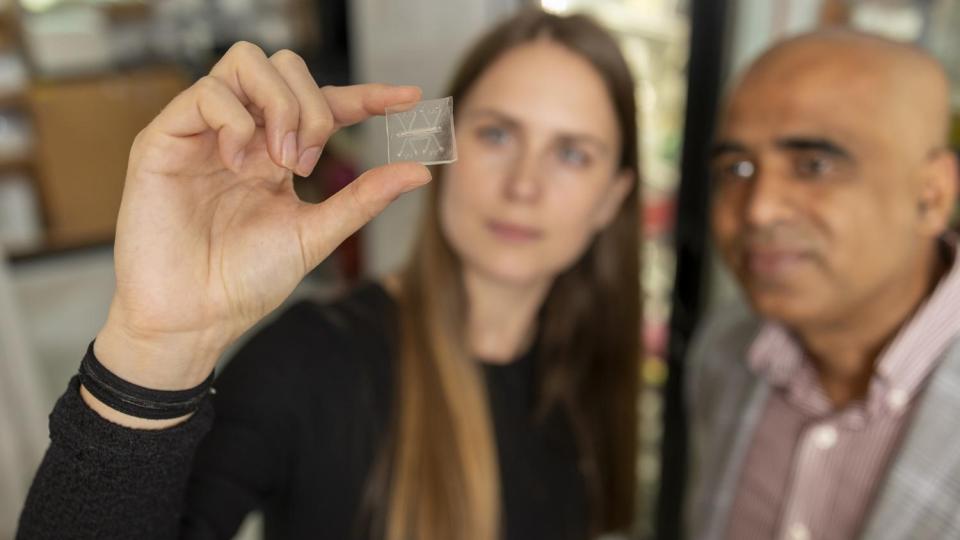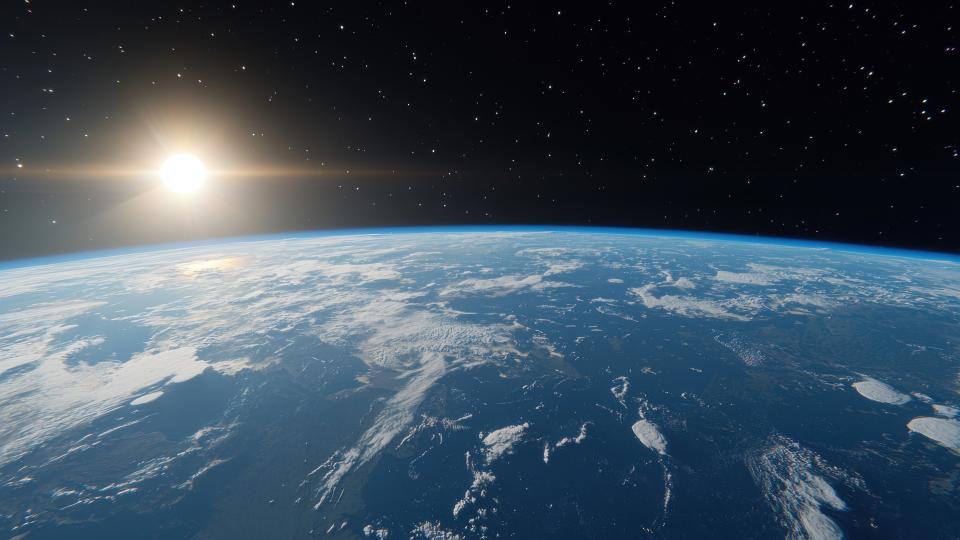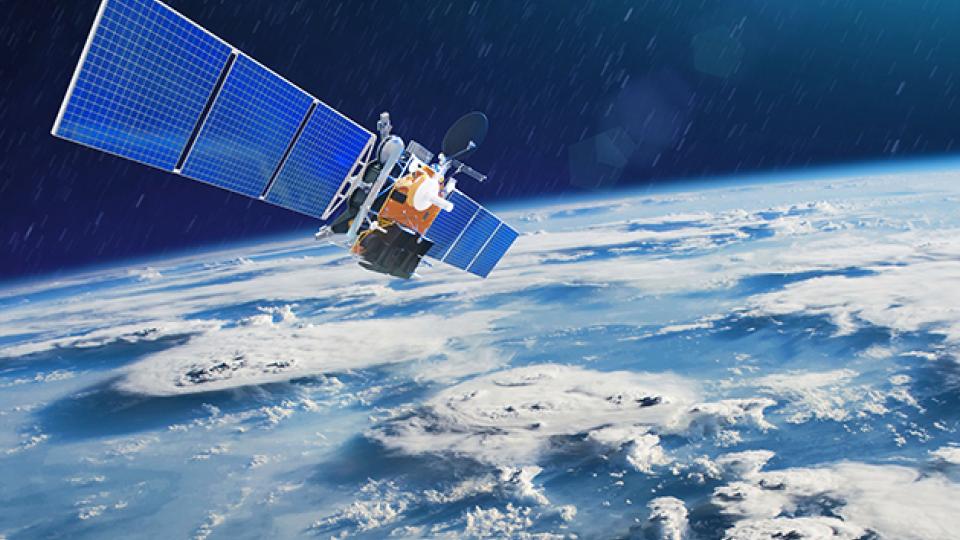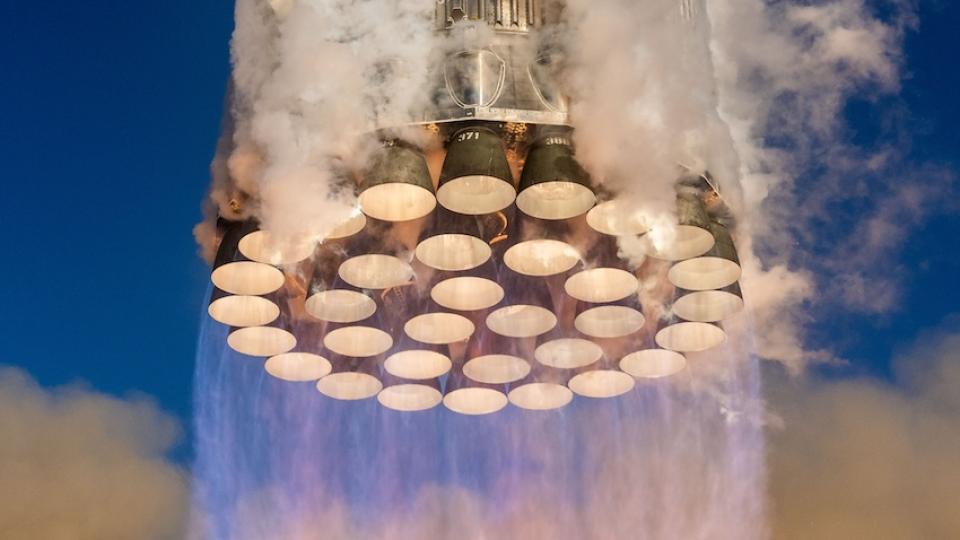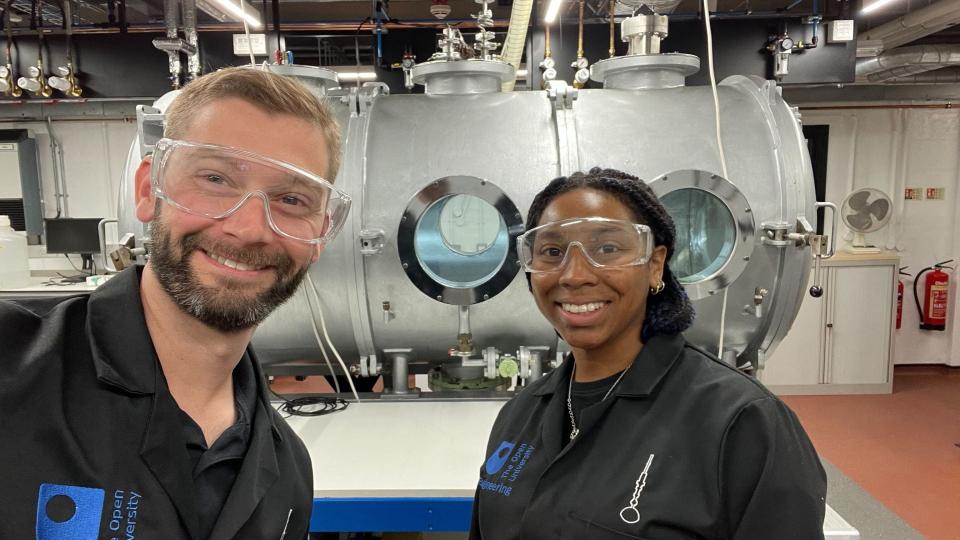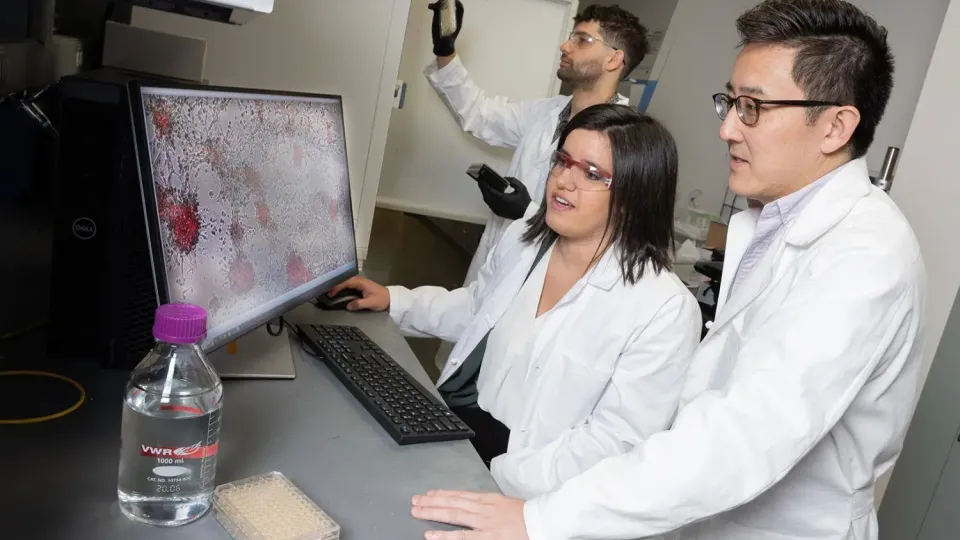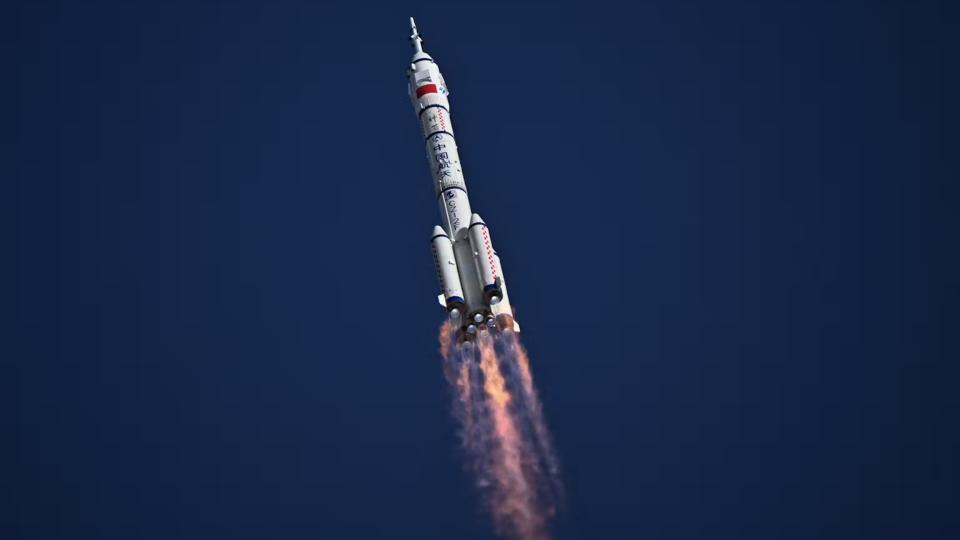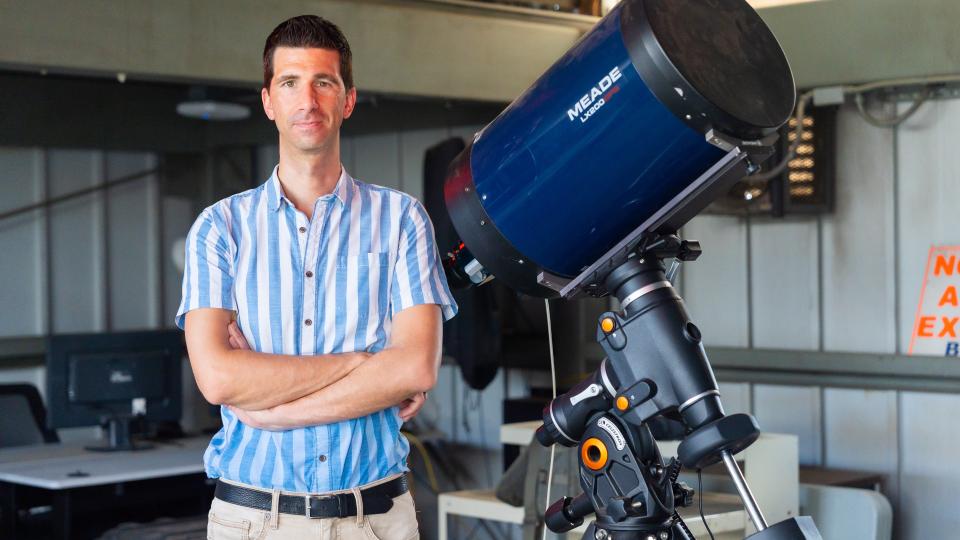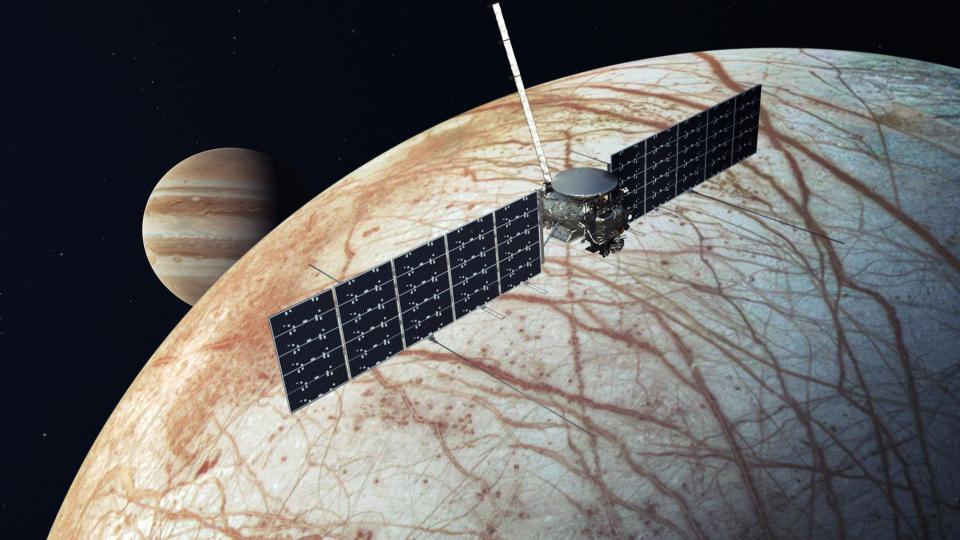In labs chilled to 4 kelvins (-450 degrees!) and on expeditions to polar regions, Georgia Tech scientists are discovering how extreme cold simultaneously challenges and advances technology in computing, space exploration, and more.
Georgia Tech Arts Announces Spring 2026 Microgrant Awardees
The recovery of the long-lost The Martian Trilogy expands the historical record by demonstrating that Black speculative fiction flourished in the commercial mainstream long before the 1960s.
This is the Institute’s best ranking in the National Science Foundation’s annual survey.
Georgia Tech’s Space Research Institute has selected 17 teams for its inaugural CPI Seed Grant program, supporting space research efforts across the full spectrum of development.
Satellites power everything from weather forecasts to global communications, and researchers at Georgia Tech’s Space Research Institute are advancing both the technology and international policies that keep them operating safely.
Inspired by SpaceX’s Super Heavy booster, a team led by Georgia Tech’s Spencer Bryngelson and New York University’s Florian Schäfer modeled the turbulent interactions of a 33-engine rocket. Their experiment set new records, running the largest ever fluid
New research is showing that atmospheric pressure shifts dramatically altered how mud and water flowed on Mars — sometimes boiling, sometimes freezing — offering fresh clues to reconstruct the planet's ancient climate and habitability.
Georgia Tech has been ranked 7th in the world in the 2026 Times Higher Education Interdisciplinary Science Rankings
China’s Shenzhou-20 spacecraft took a hit from a piece of space debris floating through orbit, causing Chinese officials to delay the spacecraft’s return from its Tiangong space station in early November 2025.
The College of Sciences has named Paul Sell as the new director of the Georgia Tech Observatory. Sell joined the Institute in Fall 2025 as a senior academic professional in the School of Physics.
Professor Sven Simon is working to uncover critical information to support the rapid analysis of measurements from NASA's Europa Clipper mission.
Pagination
Visit our Research News Center
The Space Research Institute regularly releases articles and videos featuring its research, faculty, and students. Explore more stories about Georgia Tech's interdisciplinary space research community.




